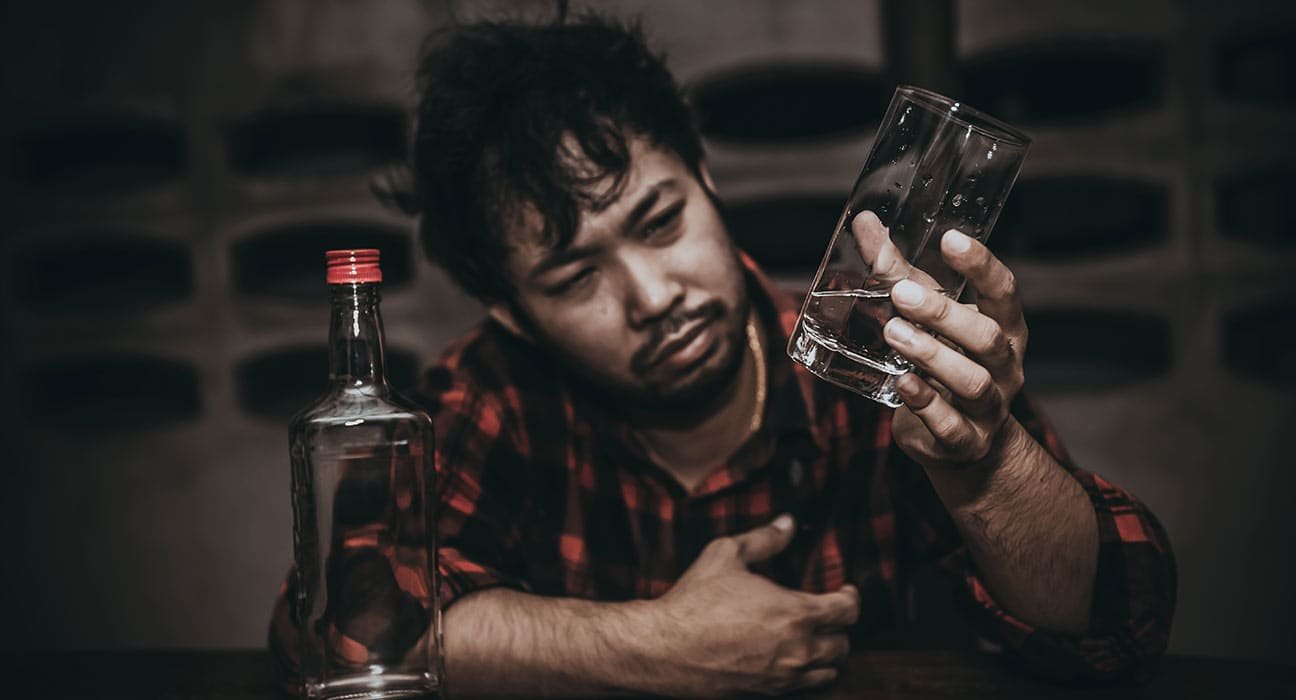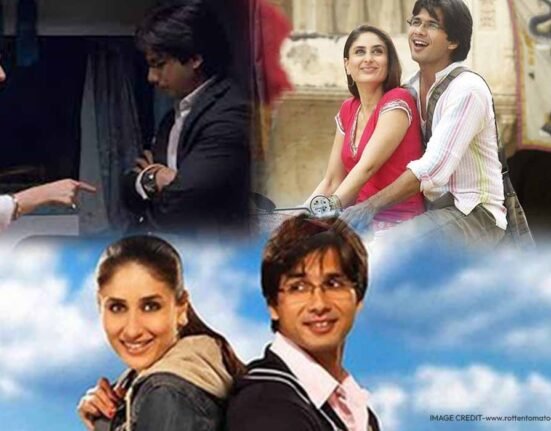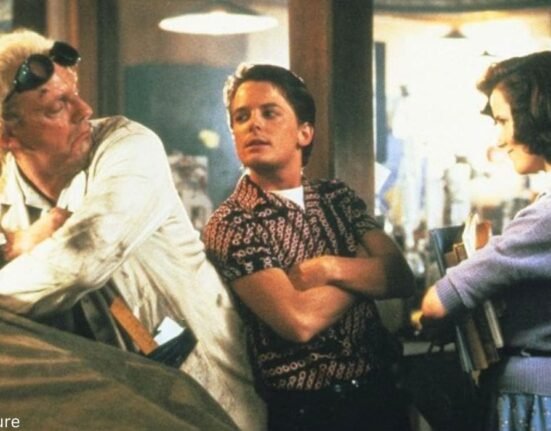A drunk dial Is any phone conversation that is uncomfortable or silly, primarily by talking but also includes texting. Drunk, one will often ring at a completely inappropriate hour to vent, excoriate, announce, confide, or make a proposition. The best drunk dials aim to offend or reconnect with a former partner. It’s never a good idea to make a phone call while being drunk. This practice is not recommended and can lead to undesirable consequences. Usually, a relative or someone of the other sex receives these calls. Usually leads to vomiting, breakups, or negotiations.
People consume alcohol for a variety of reasons, and as long as it doesn’t become an addiction, there’s usually nothing wrong with having a few drinks occasionally. But what happens when someone drinks too much and starts acting in ways that aren’t typically consistent with who they are? What does a man texting you while intoxicated mean?
Related: The Jellinek Curve: Five Phases of Alcohol Addiction
How Does Alcohol Impact Actions Emotionally?
Alcohol has neurochemical effects that increase feelings of calmness, self-assurance, and extroversion. Moderate alcohol consumption produces a tipsy state that makes you feel good and provides you the confidence to take risks. However, frequent alcohol consumption can hurt mental health and lead to antisocial conduct, particularly in young adults and college students. As a result, we should only drink alcohol on exceptional occasions because frequent consumption might lead to addiction.
Why Do People Drunk-Dial and Does It Mean Anything?
People engage in drunk dialling because alcohol gives them the confidence to say things they otherwise wouldn’t. Furthermore, individuals might attribute everything to alcohol if they say inappropriate things when intoxicated. When someone messages or contacts you after drinking, it indicates that they are thinking of you, and their words are typically true when they are drunk. When someone is drunk, their genuine emotions and wants surface.
Unlike certain other substances, alcohol does not change one’s mental state. It doesn’t induce delusions or cause us to go through intense emotional swings. It just causes us to become less concerned with the results of what we do. Thus, remarks made while drunk do have some validity. Even though you might not remember anything the next morning, when you truly get down on it, you always know what you are doing while you are drunk.
Related: The Psychology of Mood Swings
Why do people get mean when they drink?
It’s crucial to remember that drinking does not automatically make individuals ill-tempered or furious. It does this by reducing judgment and inhibitions. Therefore, when people drink, they feel more comfortable sharing ideas and emotions that they would normally keep to themselves. All of us can feel raw emotions that may be far more extreme or audacious than what we show the outside world. Additionally, we have filters built right in to keep them under check.
Such filters are turned off by alcohol. Thus, you may find yourself in a volatile position where inhibitions, filters, and judgment are all off. However, several people are unaware of how long-term alcohol use alters personality, even when one is not drinking, and how these changes can play a role in aggressive drunken behaviour.
Related: The Onion Model: Understanding the Psychology of Human Personality
What Alcohol Does To Your Personality
Everyone is probably aware that drinking can alter one’s personality. Everyone has experienced or witnessed someone change after a few beers. Abruptly, the bashful girl becomes more outgoing. The kind man in marketing is shouting at random people because they view him incorrectly. Alcohol has an impact on brain chemistry. It is a central nervous system (CNS) depressant, which interferes with your innate capacity to carry out cognitive processes, such as memory formation, decision-making, and emotional or desire regulation.
What are the common personality changes from alcohol?
Alcohol consumption can alter a person’s personality in both positive and negative ways. According to research published in 2017, social drinking can have the following common effects: impulsivity, sadness, euphoria, relaxation, reduced inhibition, and sensation seeking. Regarding the advantageous effects of alcohol intake, the same study discovered that the reduction of negative emotions was more powerful than the introduction of pleasant ones.
In summary, drunk dialing and texting occur when alcohol lowers inhibitions, leading to impulsive and often regrettable communication. While alcohol may temporarily boost confidence, it can also amplify emotions and lead to inappropriate behaviour. It’s crucial to recognize the risks associated with intoxicated communication and practice responsible drinking to avoid negative consequences in relationships.
References +
- Kalla, A. (2024, March 10). The psychology behind drunk texting and the emotional impact of alcohol – her norm. HerNorm. https://hernorm.com/what-does-it-mean-when-a-guy-drunk-texts-you/
- Urban Dictionary: Drunk dialing. (n.d.). In Urban Dictionary. https://www.urbandictionary.com/define.php?term=Drunk%20Dialing
- Gilbert, A. (2023, July 15). The Psychology Behind Getting Drunk and Saying Hurtful Things. Soberish. https://www.soberish.co/getting-drunk-and-saying-hurtful-things/













Leave feedback about this